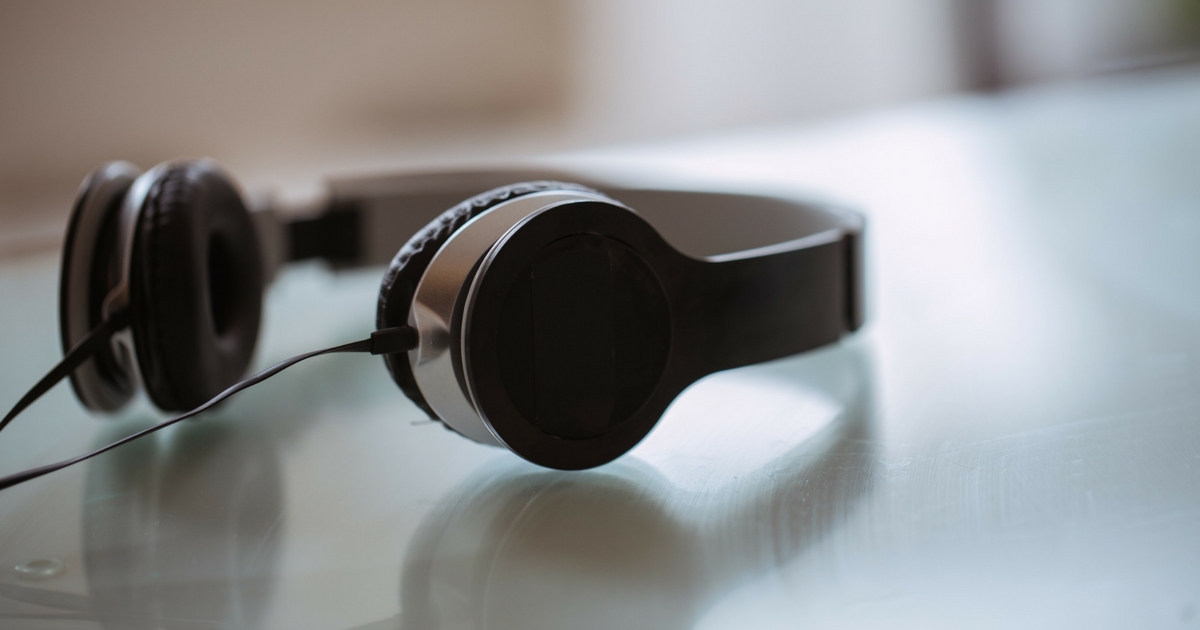Ways To Treat And Prevent Hyperacusis
When someone has hyperacusis, sounds appear to be much louder than they actually are. Some individuals can experience pain when the sounds they hear are perceived to be too loud. This condition only affects approximately one in fifty thousand, so it is relatively rare. Both adults and children can develop it, and the most common cause is cochlear damage. Many factors can damage this ear structure, such as rock concerts, airbag deployment, gunfire, and fireworks. There are different therapies someone can explore to help them to cope with this condition. There are also methods to prevent it. Get to know some of these now.
Treatment For An Underlying Medical Condition
In some cases, an underlying medical condition causes hyperacusis. Conditions, such as Lyme disease, depression, migraine headaches, Meniere’s disease, and certain types of epilepsy may have this issue as a symptom. Administering the proper treatments for these conditions may help to alleviate the sensitivity to sound. When treating the underlying cause, patients might also need treatments aimed specifically at their hearing sensitivity. It might also be recommended for them to use methods to protect their ears from additional damage while receiving treatment for an underlying medical condition.
Keep reading now to get to know another treatment method for hyperacusis.
Sound Therapy

Sound therapy is also called sound desensitization. The purpose of this therapy is to make it easier for patients to cope with sound. They will work with a trained therapist for this so the treatment is tailored specifically for the patient in question. Every day for a specific period, patients will listen to sounds. Initially, the sounds are relatively quiet, and as tolerance to sound builds, patients will listen to louder sounds. In most cases, this therapy is delivered through a special device worn on both ears. The sound typically does not cause pain since it is similar to static. It can take up to a year to achieve the full benefit.
Learn about the next method of treating hyperacusis now.
